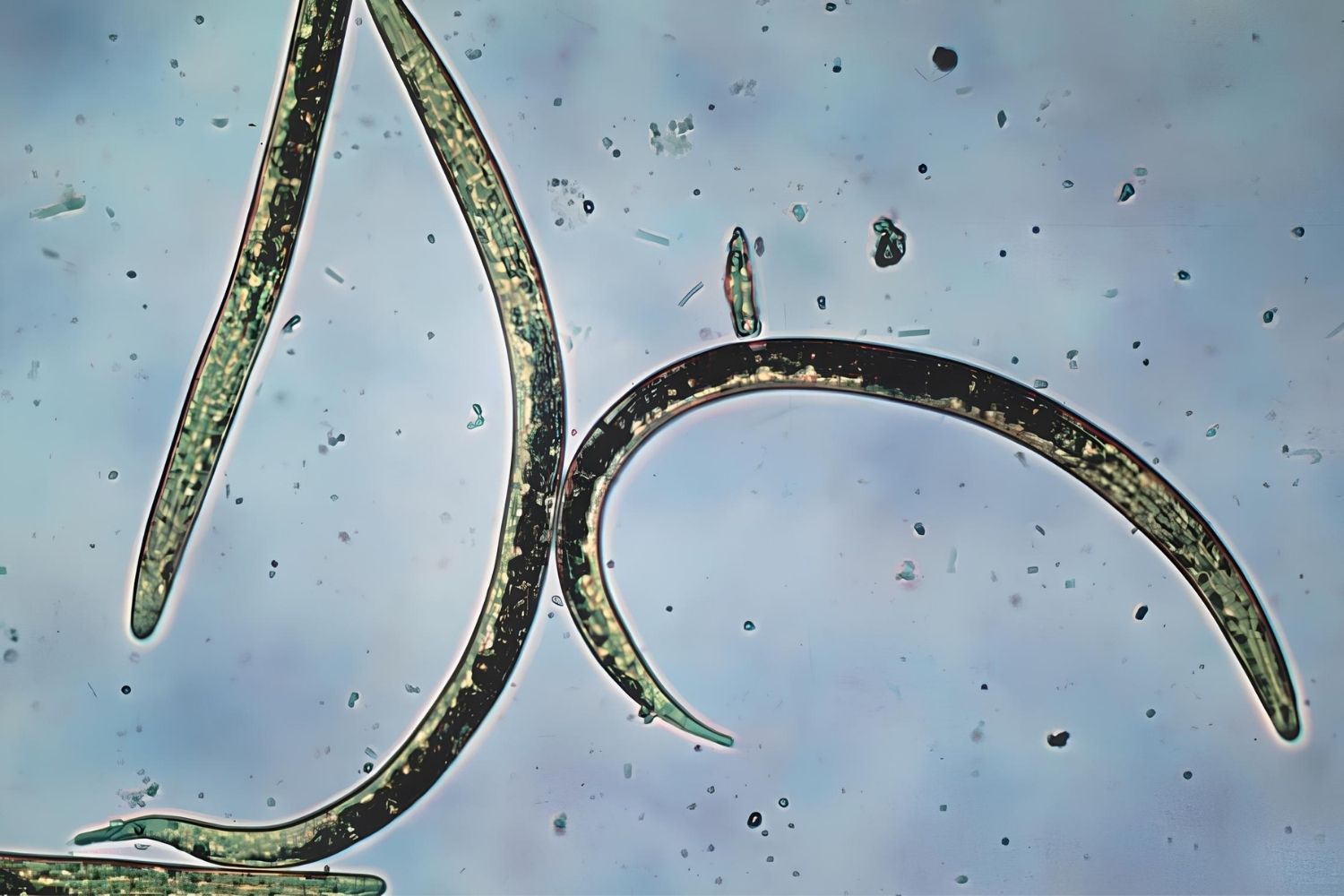
Rhabditida infections might sound like something out of a sci-fi movie, but they are very real and can affect both humans and animals. These infections are caused by a group of nematodes, or roundworms, that belong to the order Rhabditida. While some of these worms are harmless, others can cause serious health issues. Understanding Rhabditida infections is crucial for anyone interested in health, biology, or just curious about the microscopic world. In this blog post, we'll dive into 25 fascinating facts about these infections, shedding light on how they spread, their impact on health, and ways to prevent them. Get ready to learn some surprising truths about these tiny but mighty organisms!
Key Takeaways:
- Rhabditida infections are caused by tiny roundworms and can affect humans, animals, and plants. Proper hygiene and early diagnosis are crucial for prevention and treatment.
- Symptoms of Rhabditida infections include abdominal pain, diarrhea, skin rashes, and respiratory issues. Treatment involves medication, supportive care, and preventive measures for both humans and agricultural crops.
What are Rhabditida Infections?
Rhabditida infections are caused by nematodes, a type of roundworm. These microscopic creatures can invade various hosts, including humans, animals, and plants. Understanding these infections is crucial for managing their impact on health and agriculture.
- Rhabditida nematodes are part of a larger group known as helminths, which also includes flatworms and flukes.
- These nematodes are often found in soil, where they play a role in decomposing organic matter.
- Some species of Rhabditida are free-living, while others are parasitic and can cause infections in humans and animals.
- The most well-known Rhabditida nematode is Strongyloides stercoralis, which can cause strongyloidiasis in humans.
- Rhabditida infections can be transmitted through contaminated soil or water, making hygiene and sanitation critical in prevention.
Symptoms of Rhabditida Infections
Recognizing the symptoms of Rhabditida infections can help in early diagnosis and treatment. These symptoms can vary depending on the species of nematode and the host.
- Common symptoms include abdominal pain, diarrhea, and weight loss.
- In severe cases, infections can lead to malnutrition and anemia.
- Skin rashes and itching may occur if the nematodes penetrate the skin.
- Respiratory symptoms like coughing and wheezing can happen if the larvae migrate to the lungs.
- Some infections may be asymptomatic, making them harder to detect without medical testing.
Diagnosing Rhabditida Infections
Accurate diagnosis is essential for effective treatment. Various methods are used to identify Rhabditida infections.
- Stool samples are often examined for the presence of nematode eggs or larvae.
- Blood tests can detect antibodies produced in response to the infection.
- Imaging techniques like X-rays or CT scans may be used to identify complications caused by the infection.
- Skin biopsies can help diagnose infections that cause skin symptoms.
- Molecular techniques, such as PCR, are increasingly used for precise identification of nematode species.
Treatment Options for Rhabditida Infections
Treating Rhabditida infections involves eliminating the nematodes and managing symptoms. Several medications and approaches are available.
- Anthelmintic drugs, such as ivermectin and albendazole, are commonly used to treat these infections.
- In some cases, a combination of medications may be necessary to effectively eliminate the nematodes.
- Supportive care, including hydration and nutritional support, is important for managing symptoms.
- In severe cases, hospitalization may be required to monitor and treat complications.
- Preventive measures, such as improving sanitation and hygiene, are crucial to reducing the risk of infection.
Impact of Rhabditida Infections on Agriculture
Rhabditida nematodes can also affect plants, causing significant agricultural losses. Understanding their impact on crops is vital for farmers and agricultural scientists.
- Plant-parasitic Rhabditida nematodes can damage roots, reducing crop yields.
- These nematodes can also transmit plant viruses, further harming crops.
- Crop rotation and soil management practices can help reduce nematode populations in agricultural fields.
- Biological control methods, such as using nematode-resistant plant varieties, are being developed to combat these pests.
- Integrated pest management strategies that combine chemical, biological, and cultural practices are most effective in managing Rhabditida nematode infestations.
Understanding Rhabditida Infections
Rhabditida infections, caused by parasitic nematodes, can impact both humans and animals. These tiny worms, often found in soil, can enter the body through skin contact or ingestion. Symptoms range from mild gastrointestinal issues to severe complications, depending on the species involved. Proper hygiene, wearing protective footwear, and avoiding contaminated food and water can reduce the risk of infection.
Treatment usually involves antiparasitic medications, but early diagnosis is key to preventing serious health problems. Awareness and education about these infections are crucial for communities, especially in regions where these parasites are common.
By staying informed and taking preventive measures, we can protect ourselves and our loved ones from the potential dangers of Rhabditida infections. Remember, knowledge is power when it comes to safeguarding health. Stay vigilant, practice good hygiene, and consult healthcare professionals if you suspect an infection.
Frequently Asked Questions
Was this page helpful?
Our commitment to delivering trustworthy and engaging content is at the heart of what we do. Each fact on our site is contributed by real users like you, bringing a wealth of diverse insights and information. To ensure the highest standards of accuracy and reliability, our dedicated editors meticulously review each submission. This process guarantees that the facts we share are not only fascinating but also credible. Trust in our commitment to quality and authenticity as you explore and learn with us.
